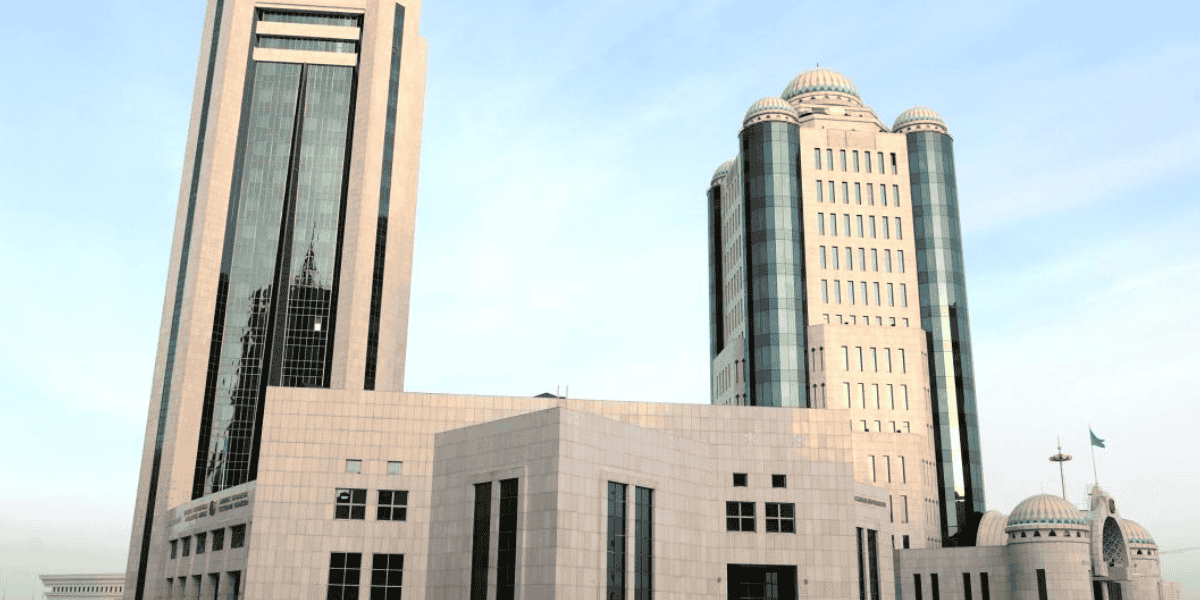The Republic of Kazakhstan initiated a public consultation regarding the new draft Tax Code (On taxes and other obligatory payments to the budget) on 21 June, 2024.
The consultation is set to conclude on 15 July, 2024.
The Ministry of National Economy of Kazakhstan has prepared a draft of a new Tax Code aimed at establishing a new service model for interaction between tax authorities and taxpayers, organising tax benefits, and updating tax administration.
Key changes proposed in the new Tax Code
Special Tax Regime (STR):
- Small Business (production, B2C): The tax rate will be reduced from 3% to 2% of income.
- Companies engaged in B2B: The tax rate will be set at 8%.
- Self-employed (based on a patent, mobile application, or platform employment): The tax rate will be 4%. Only mandatory pension contributions, social contributions, and compulsory social health insurance (CSHI) without individual income tax (IIT) will be paid. There will be an upper-income limit of 340 Monthly Calculation Index (MCI) per month (KZT 1.25 million) with specific activity types allowed.
- Farm households (FH): Benefits remain unchanged. Tax is paid as IIT for FH with the elimination of the single land tax. However, land tax on inefficiently used land will be charged at 40 times the base rate.
The proposed STR unification includes the simplified declaration and retail tax regimes under the following conditions:
- Annual income limit of KZT 500 million.
- No limit on the number of employees (currently 30 for simplified declaration and 200 for retail tax).
- A tax rate of 2% on income from individuals and 8% on income from businesses.
- No restrictions on activity types for benefits application (excluding certain activities in a “prohibited list”).
- VAT exemption.
The semi-annual reporting for STR will be abolished. Failure to submit the next tax report on time will be treated as a zero-indicator report (which can later be corrected by the taxpayer).
Corporate Income Tax (CIT):
- The general CIT rate remains at 20%.
- Proposed differentiated CIT rates:
- Banking sector (excluding income from lending to the real sector): 25%
- Gambling business: 25%
- Manufacturing industry (depending on processing level), social sectors (education, medicine, healthcare), financial leasing: 10%
- Agricultural producers (current rate considering benefits is 70%): 3%
VAT:
- The threshold for mandatory VAT registration is proposed to be increased to KZT 500 million. Currently, the threshold is 73.8 million, leading many companies to split businesses to avoid VAT registration.
- The VAT rate will remain unchanged at 12%.
A New Luxury Tax:
- 10% tax on the excess amount for:
- Real estate over KZT 450 million.
- Cars over KZT 75 million.
- Aeroplanes and yachts over KZT 100 million.
- Cigars over KZT 10,000 per piece.
- Alcohol over KZT 500,000 per litre.
Tax Administration:
- Tax reporting forms will be reduced by 30%.
- For small businesses, annual tax declaration will replace the current semi-annual simplified declaration and quarterly retail tax declaration.
Tax Inspections:
- The list of taxpayers subject to planned inspections will be eliminated.
- Tax inspections will be determined using a risk management system.
- Inspection periods for small and medium-sized businesses (SMEs) will be shortened by limiting the possibility of suspending inspections to no more than twice. Inspectors will interact with taxpayers electronically through the taxpayer’s cabinet.
Enforcement of Tax Debt Collection:
- Differentiated measures for enforced tax debt collection based on debt size.
- Business activities will not be blocked due to minor tax debts.
- For debts up to 20 minimal calculation index (KZT 73,840 in 2024), a notice will be sent.
- For debts from 20 to 45 MCI (up to KZT 166,140 in 2024), a notification will be sent, and if unpaid, bank account expenditure operations will be suspended and a collection order issued.
- For debts over 45 MCI, the property will be described for auction, debtor collections will be pursued, and bankruptcy procedures will be applied if necessary.
Currently, all enforced collection measures apply starting from 6 MCI (KZT 22,152 in 2024).














